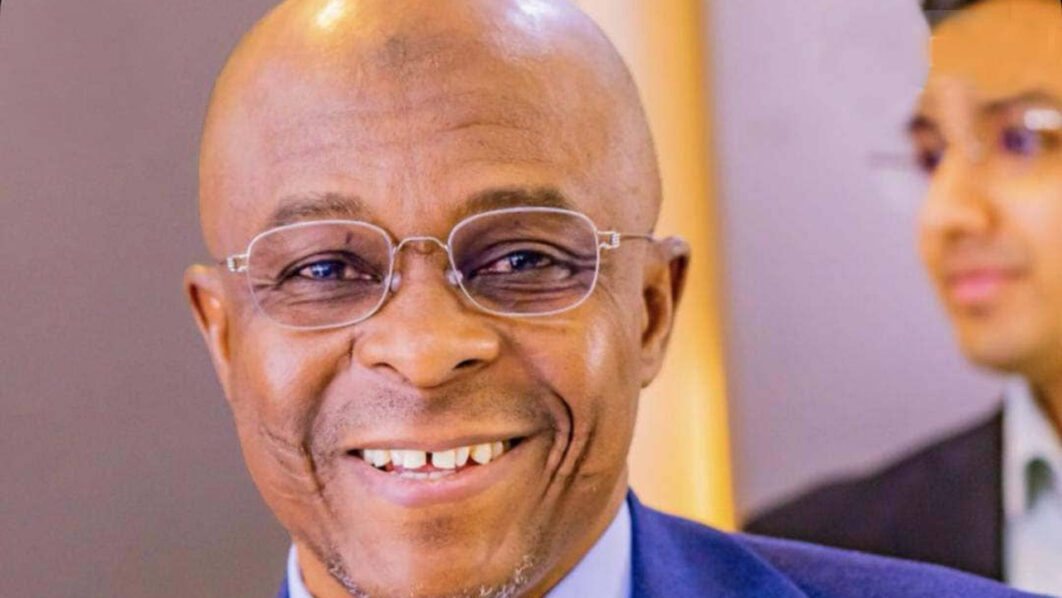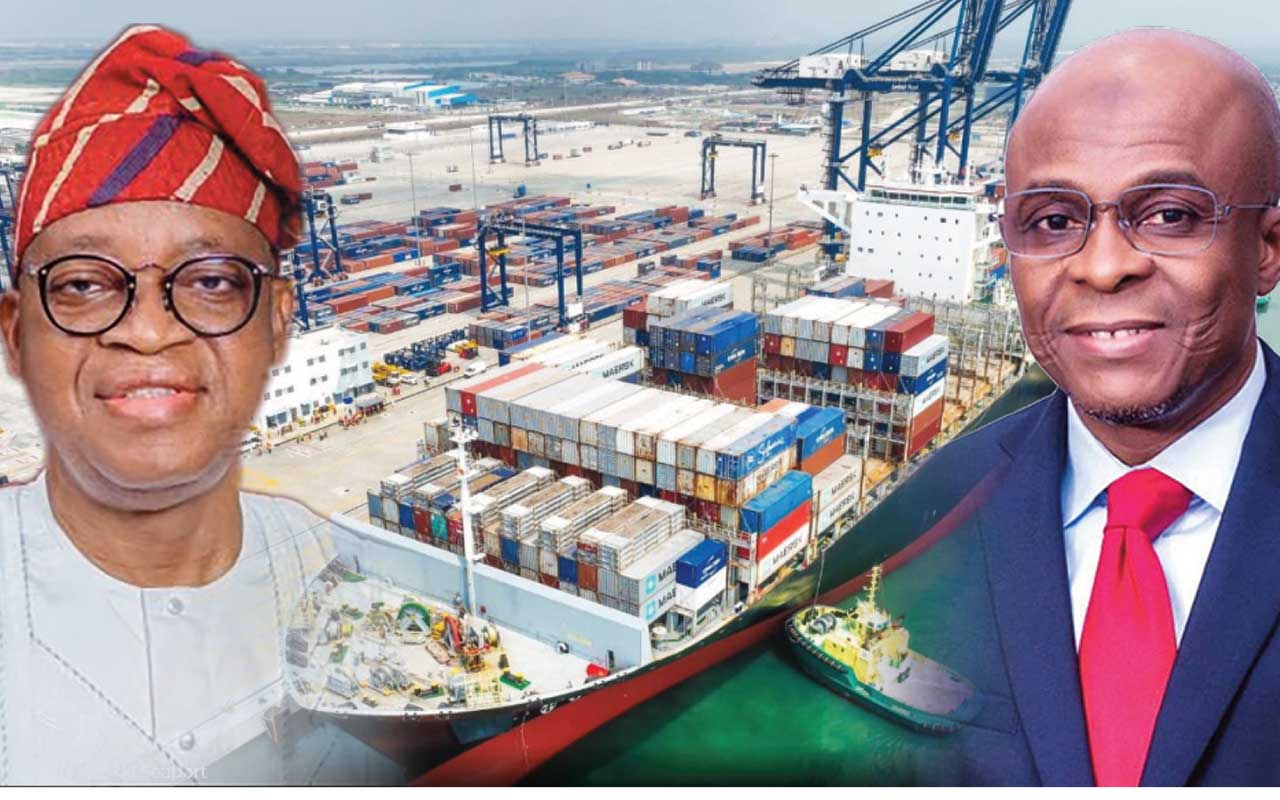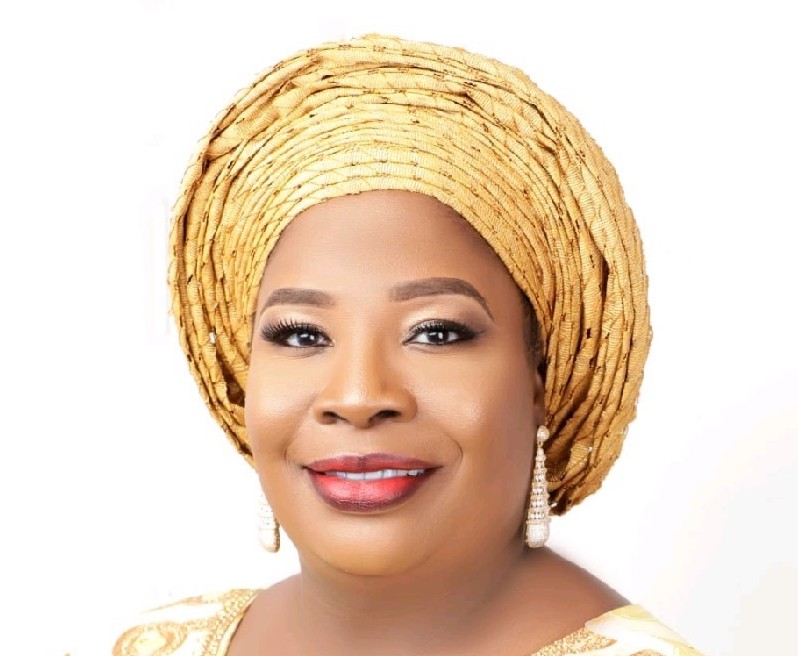
The Nigerian Ports Authority (NPA) has expressed concern over Nigeria’s underperformance in maritime trade compared to neighbouring countries with smaller populations yet handling significantly larger cargo volumes yearly.
The Managing Director of the NPA, Dr Abubakar Dantsoho, lamented that despite Nigeria’s population exceeding 200 million, the country handles less than two million Twenty-foot Equivalent Units (TEUs) of cargo yearly, trailing behind neighbouring countries with populations under 15 million that surpass this figure.
Speaking at the 25th Anniversary of the National Association of Government Approved Freight Forwarders (NAGAFF) and a fundraising event for its permanent secretariat in Lagos, Dantsoho, represented by the General Manager of Operations, Dr. Charles Okaga, also highlighted the discrepancy between Nigeria’s trade volumes and its domestic consumption needs.
Dantsoho called for a collective effort to unlock Nigeria’s potential as a maritime powerhouse in Africa, leveraging opportunities such as the African Continental Free Trade Agreement (AfCFTA).
“You will agree with me that the comparative analysis of trade volumes passing through our ports is a far cry from what is consumed in the country. We must rise to the challenge as stakeholders to resolve the puzzle of why neighboring countries with populations below 15 million handle two million TEU of cargo yearly, while Nigeria, with over 200 million people, handles less,” he stated.
Reflecting on the sector’s trajectory, Dantsoho lamented the lack of significant progress since the 2006 port reforms, calling for urgent action to modernise the industry to meet the growing population, effective demand, improve cargo throughput, and drive business operations. He emphasised targeted investments in technology, infrastructure and strategic partnerships to drive the sector forward as well as seize the opportunity presented by AfCFTA and other international agreements to transform Nigeria into a hub for maritime trade in Africa.
Dantsoho also emphasised the need for Nigeria to capitalise on its maritime resources, demographic advantage, and strategic geography to harness its blue economy potential.
Dantsoho commended NAGAFF’s contributions to promoting professionalism, transparency and adherence to global best practices as well as its robust engagement with regulatory agencies and advocacy for training and capacity building as key to its success. He also urged NAGAFF to continue leveraging its influence to promote port security and address the challenges of unauthorised access to port facilities, which compromises safety.
Dantsoho added that effective port security is the backbone of a reliable maritime sector. The National President of NAGAFF, Tochukwu Ezisi, appealed to the Nigeria Customs Service (NCS), the NPA, and other government agencies to align their operations with global standards.
Highlighting issues like inefficiencies, arbitrary duties and port charges, and delays caused by inefficiencies and excessive government agencies, Ezisi called for interventions from the Minister of Marine and Blue Economy, Adegboyega Oyetola, to enhance competitiveness.
Ezisi revealed that NAGAFF has created over 50,000 jobs since its establishment in 1999, contributing to unemployment reduction and economic stability. He praised the association’s collaboration with the NCS in plugging revenue leakages and ensuring honest declarations and compliance with the revised Customs and Excise Management Act (CEMA) 2023, thereby maximising government revenue.
Ezisi also called on terminal operators and shipping companies to support young freight forwarders, emphasising their critical role in the logistics supply chain.
Former NAGAFF President Dr. Eugene Nweke, delivering an anniversary lecture on “The Role of Freight Forwarders in the Maritime Logistics Industry: The NAGAFF Story,” underscored the transformative role of freight forwarders with the transition from traditional “cargo agent” roles to more professional domains within logistics management.
He called on industry players to embrace technologies such as blockchain, artificial intelligence and drones to remain competitive. Nweke envisioned a future powered by innovation, where robots and drones redefine cargo logistics operations, urging Nigerian freight forwarders to prioritise investment in technological advancements and human capital to stay competitive.
“Freight forwarding globally has advanced to ninth- and tenth-party logistics solutions. Nigeria must adapt or risk being left behind,” Nweke warned. He emphasised training and professional development as the cornerstone for success in the evolving logistics landscape.






